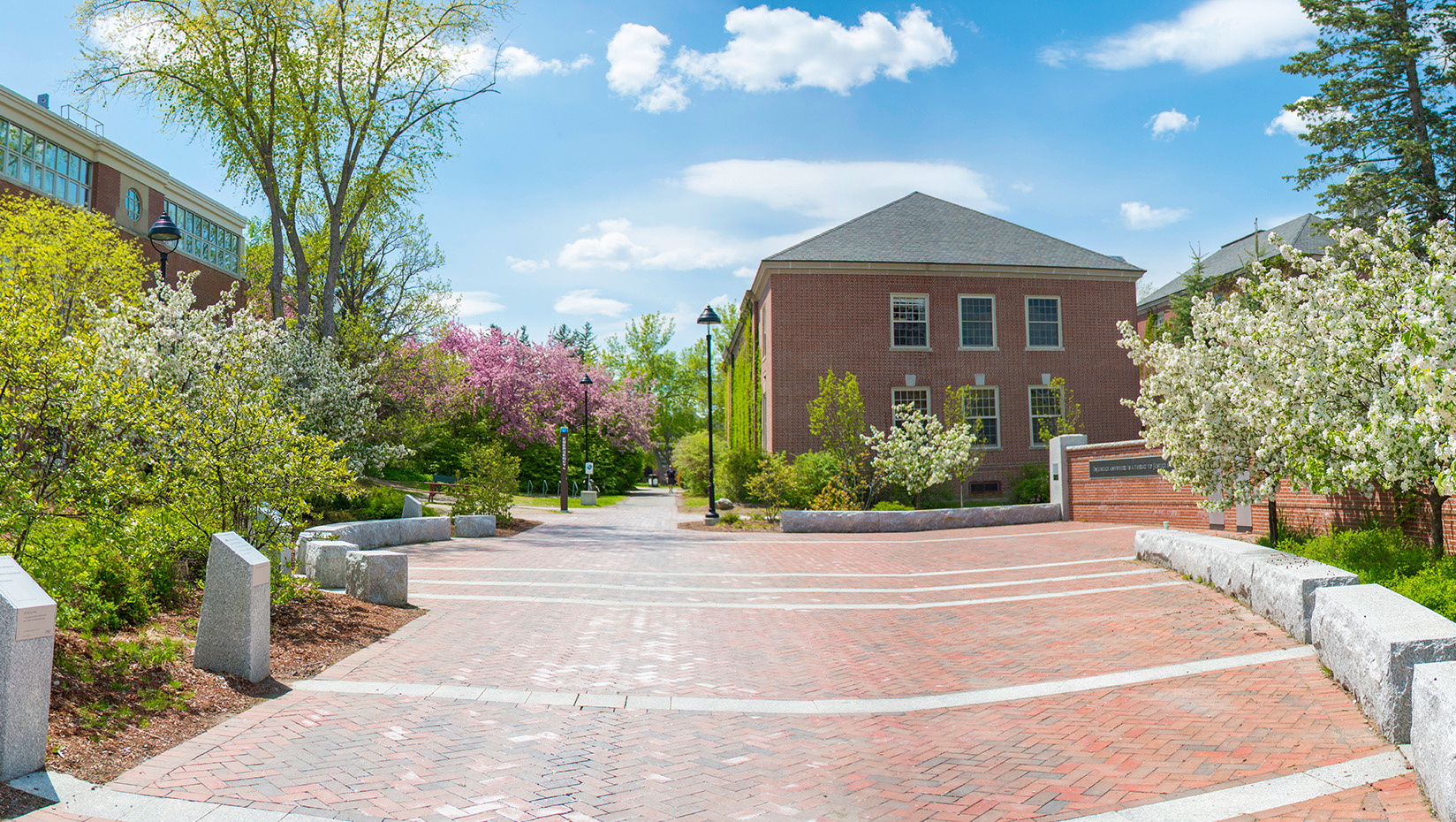The University of Maine is recognizing Black History Month with both on-campus and online events.
The McGillicuddy Humanities Center (MHC) is hosting three events that participants can access online.
On Feb. 24, MHC fellow Leela Stockley will discuss her research on racial bias in the media in relation to recent Black Lives Matter protests in “The Double Standard: Protest Coverage and Racial Bias.”
On Feb. 25, Karen Sieber, MHC humanities specialist, will present “Using Technology to Document Racial Violence: On Finding History We Don’t Want to Remember,” to conclude the Waldo Reads Together discussion of the February book selection, “The Nickel Boys.”
Also on Feb. 25, the Atlantic Black Box, a public history project that empowers New England communities to reckon with the region’s complicity in the slave economy, will host “Reckoning with New England’s Complicity in the Slave Trade.” Participants can register for this Zoom event, in which Black Box founders will discuss their work on grassroots historical recovery. Their work has been guided by a broad coalition of scholars, archivists, museum professionals, activists, and artists.
Both Fogler Library and the Student Recreation Center issued challenges to members of the UMaine community. Fogler Library’s online Racial Justice Challenge is designed to help the community learn, listen, and take action regarding race, racism, and anti-racism. The modules will remain available after Black History Month concludes. For information, contact Jen Bonnet, jennifer.l.bonnet@maine.edu.
At the recreation center, triathletes have been competing in the Indoor Sprint Triathlon for Social Change, a 2-mile run, a 500-meter swim, and a 6-mile bike ride over the course of the month. The first 20 people to successfully complete all three events will receive an event T-shirt. Contact Adrianna Del Amo, adrianna.delamo@maine.edu for more information.
In addition, a February 22 conversation with current UMaine students will take place online. Participants can message laura.rickard@maine.edu for a link to that conversation.
We encourage you to visit the Alumni Association’s resource page for links to books, films, and online media about racial and social justice.
